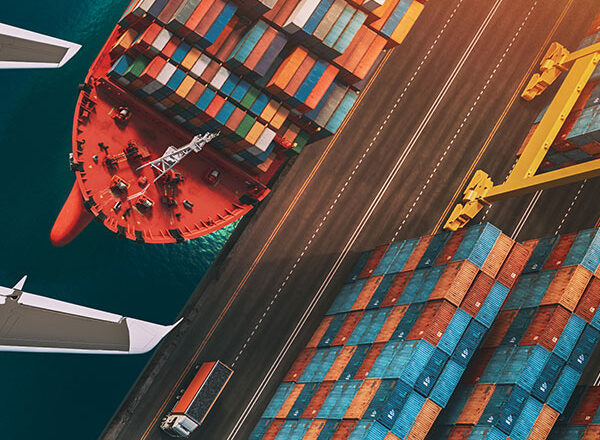The shipping industry has long been a linchpin of global trade, enabling the seamless movement of goods across continents. From its early days of wooden sailing ships to today’s technologically advanced cargo vessels, the industry has continuously evolved to meet the growing demands of international commerce. This evolution is characterized by significant advancements in technology, efficiency, and environmental consciousness.
In the early 20th century, the shipping industry experienced a revolution with the advent of containerization. Standardized containers allowed for the efficient loading, transport, and unloading of goods, drastically reducing shipping times and costs. This innovation laid the foundation for modern global trade, facilitating the rapid and reliable movement of products worldwide. Today, container ships are larger and more sophisticated, with some capable of carrying over 20,000 twenty-foot equivalent units (TEUs).
The digital age has ushered in a new era of innovation in the shipping industry. Advanced data analytics and the Internet of Things (IoT) are being used to optimize routes, monitor vessel performance, and predict maintenance needs. These technologies not only enhance operational efficiency but also improve safety by enabling real-time decision-making. Moreover, blockchain technology is being adopted to streamline supply chain processes, ensuring transparency and reducing the risk of fraud.
Sustainability has become a central focus for the shipping industry as it seeks to mitigate its environmental impact. The transition to cleaner fuels, such as liquefied natural gas (LNG) and biofuels, is gaining momentum. Additionally, there is a growing interest in renewable energy sources, with some vessels incorporating wind and solar power into their designs. The International Maritime Organization (IMO) has set ambitious targets to reduce greenhouse gas emissions, prompting the industry to invest in innovative technologies and sustainable practices.
Despite these advancements, the shipping industry faces several challenges. Regulatory compliance is complex, with varying standards across different regions. Additionally, the industry must address the growing threat of cyberattacks, which can disrupt operations and compromise sensitive data. The economic impact of global events, such as trade wars and pandemics, also poses significant risks, highlighting the need for robust contingency planning.
In conclusion, the shipping industry is on a transformative journey, driven by technological innovation and a commitment to sustainability. While challenges remain, the industry’s ability to adapt and embrace change ensures its continued importance in global trade. By navigating these waves of transformation, the shipping industry will continue to play a vital role in connecting markets and supporting economic growth.


